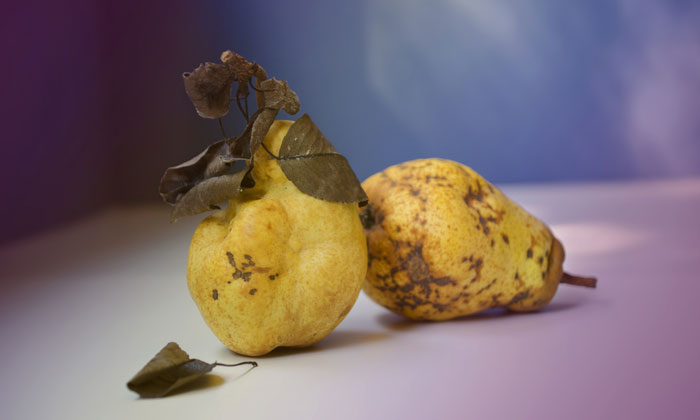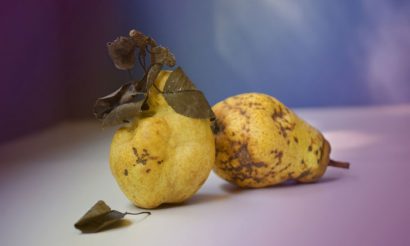81% of consumers would buy imperfect fruit and vegetables
- Like
- Digg
- Del
- Tumblr
- VKontakte
- Buffer
- Love This
- Odnoklassniki
- Meneame
- Blogger
- Amazon
- Yahoo Mail
- Gmail
- AOL
- Newsvine
- HackerNews
- Evernote
- MySpace
- Mail.ru
- Viadeo
- Line
- Comments
- Yummly
- SMS
- Viber
- Telegram
- Subscribe
- Skype
- Facebook Messenger
- Kakao
- LiveJournal
- Yammer
- Edgar
- Fintel
- Mix
- Instapaper
- Copy Link
Posted: 28 February 2017 | New Food | No comments yet
All major UK supermarkets have responded to pressures to reduce waste and embrace wonky vegetables and ugly fruit. Most consumers are also happy to buy…


All major UK supermarkets have responded to pressures to reduce waste and embrace wonky vegetables and ugly fruit.

Blue Yonder’s survey asked 2000 consumers across the UK, US, France and Germany whether they would purchase wonky fruit and veg and found 81% of those shopping in the supermarket and at discount retailers would buy imperfect fruit and vegetables, but this slips to just 52% online, an increasingly popular channel for shopping.
81% of those shopping in the supermarket and at discount retailers would buy imperfect fruit and vegetables..
However, imperfection comes at a cost:
- 90% need a discount to incentivise them
- 60% need a discount of at least 20%. Of these shoppers, 22% need a discount of at least 50%
- While the French are the most open to imperfection in their food purchases 59% need at least a 20% discount, versus 46% in the UK, 74% in US and 67% in Germany.
Looking further at attitudes across borders:
- Only 36% of online shoppers in the US would buy imperfect fruit or vegetables.
- When in the supermarket, French shoppers are the most accepting of imperfection with 93% stating they will buy at a discount, with Germany close behind (85%), UK (80%) and US (66%).
France is leading the way and has been campaigning for sales of wonky vegetables long before it was raised as an issue in the UK. Back in 2014, France’s third largest supermarket chain Intermarché launched a campaign to sell ugly produce, that is just as delicious, to tackle the food waste problem.
It is also interesting to note a difference in attitudes between genders and age groups globally:
- 41% of 25-34 year olds already buy wonky fruit and veg
- The older you get, the less likely you are to accept wonky veg. Older Generations (55+) are by far the least likely to buy wonky veg (42% said they wouldn’t even consider it)
- There is a gender divide: Men are more opposed to buying wonky fruit and veg than women in supermarkets (21% vs 17%) and discounters (21% vs 17%)
Matt Hopkins, Retail Industry Director, says:
“Discounting imperfect produce helps overcome the waste problem in the supply chain. However, for it to have a real impact on waste reduction, retailers need to understand what demand will be for products – wonky or not – to accurately stock the right amount of ‘imperfect’ versus ‘perfect’ fruit and vegetables. It would be pointless to reduce waste in the supply chain, only to see retailers having to throw it away from the supermarket/distribution centres’ shelves.
Mr Hopkins continues:
“The findings also indicate that accurate markdown pricing is needed to successfully sell imperfect fruit and vegetables. Pricing ‘imperfect fruit and veg’ versus ‘perfect fruit and veg’ will add to the complexity and number of decisions in a world where grocery is already struggling to keep pace.
The use of advanced machine learning algorithms for the best decisions, delivered daily is important for survival and success.
Perhaps most important for the sale of perfect versus imperfect ‘fresh’ fruit and vegetables is that advanced machine learning algorithms can simultaneously optimise for price and replenishment, enabling the grocery retailer to accurately stock, replenish and without risking profitability.”







